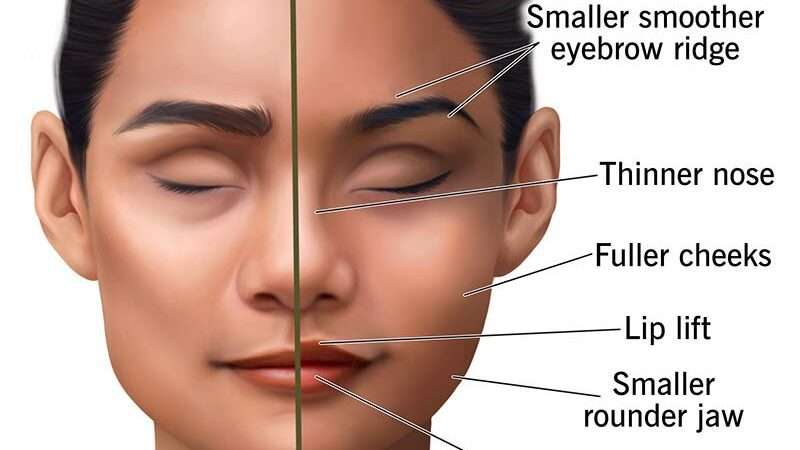Risk factors that influence dental implants
Dental Implants are the metal posts made up of titanium which support the artificial tooth like substance to replace the missing teeth. Typically, the implant teeth are surgically inserted into the jaw bone. When the metallic frame fused efficiently with the surrounding jaw bone, then the oral surgeons mount dental crowns over the implants.
Unlike other teeth replacement solutions, teeth implants are highly durable and get back the missing tooth’s functionalities in an effective manner. Moreover, the success rates are higher with this dental restoration approach. In spite of their rigidity, the teeth implants also cause certain problems and eventually fall out.
Problems during the healing period
Difficulties in pain, gum swelling, bleeding around the implants are the common problems arise during the healing period. It arises due to the infections or irritations in the osseointegration process.
Osseointegration is the process with which the fixed implants integrate with the jaw bone. Some factors affect this process that in turn affect the implant tooth fixed and cause implant failure.
1) Gum Disease
People who are looking for dental implants should have healthy gums. In case, if the implant tooth is fixed while having infected gum tissues, it will affect the stability of the implants fixed.
It is because gum or periodontal diseases are powerful to weaken and dwindle the underlying jaw bone. This makes the implants do not get proper support or framework to get fixed and leads to various problems like pain, difficulty in chewing, etc.
2) Delayed healing
Apart from infections in the surgical site, various factors negatively influence the bone fusion process. It persists the healing period and put the implant tooth at risk.
Smoking is the main culprit behind such prolonged healing and implant failure. Implantologists reveal that smokers have higher chances of implant failure. It is because the chemical components present in cigarettes are powerful to restrict the blood flow to the gums. Then the gum requires a longer period to heal completely.
To avoid such harmful effects on the implant teeth fixed, one should avoid smoking for at least 14 days following the implant surgery.
3) Inadequate jaw bone level
This is same as we discussed in the gum disease section.
If a person has jaw bone with less density or insufficient level of the jaw bone, then the implants cannot be fixed. Even the implant is fixed, it cannot stand for many days. In such cases, the sufferer should have bone graft surgery to elevate the jaw bone level.
Besides gum disease, such decline in jaw bone occurs if a tooth loss does not restore or replace for many days.
4) Medications
Drugs like antidepressants and certain other medicines taken for autoimmune diseases like diabetes are powerful to slow down the healing process of our body. Healing in the gum regions after implantation is not an exception. It causes an impact in the osseointegration process as we discussed earlier.
It is better to consult your dentist regarding such medicines and over the counter medications to avoid dental implant failure.
Problems during use
Even after successfully integrated with the jaw bone, there are some risk factors which lead to problems like implant movement, loose implants, etc.
Unlike the above-discussed issues, these problems arise after years of using implants and are hard to treat. In such cases, the fixed implants need to be extracted and replaced with a new one. Risk factors that induce such problems include:
1) Additional force
When an implant fused with the underlying jaw bone, then it would become rigid in its position. You can chew foods effectively like your natural teeth.
On the other hand, the implants also can bear the force to a certain extent. If you attempt to bite hard substances or abnormal things like opening bottle caps with the implant teeth, it cannot hold the extra pressure. It will loosen the implant’s attachment with the bone.
In such cases, the chances are higher for creating pockets in the gums. Then the oral bacteria begin to accumulate in such pockets and cause serious dental diseases.
2) Gap between the implant and the adjacent teeth
If the tooth crown mounted on the implant post does not possess the exact size and structure of the missing tooth, it will cause space between the implant tooth and the neighboring teeth.
Such gaps between the dental implants and the adjacent teeth provide a way for the food particles and debris stuck in the spaces. They are quite hard to remove and oral bacteria take advantage of it to cause serious hazards.
3) Peri-implantitis
Peri-implantitis is an inflammatory condition that affects the soft and hard tissues around the implants. It is caused by an infectious agent called peri-implant mucositis that targets the bone developed around the implant post.
When the infection begins, the crestal bone degrades and lead to weakening of the implant support.
4) Poor implant maintenance
When the implant tooth is fixed, the implantologists provide the essential tips to take care of the dental implants. It is because the dental implants also need effective care and cleaning like our natural teeth.
If you do not indulge in activities like flossing to clean the implants, it will also make the implant prone to bacterial invasion and fall out within a short period.
Conclusion
The implant teeth also have their limitations as well as their advantages. Keeping the mouth healthy and clean is also essential for artificial teeth. It will help a person to overcome the hurdles in getting implants and assures the longer span of the fixed dental implants.




